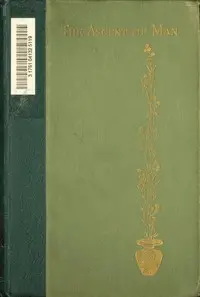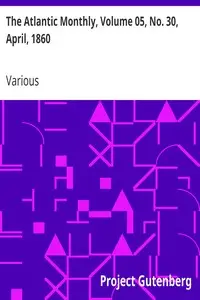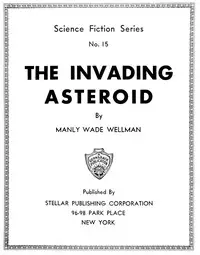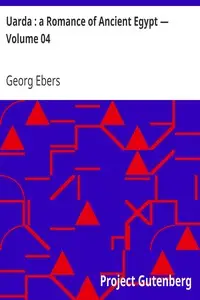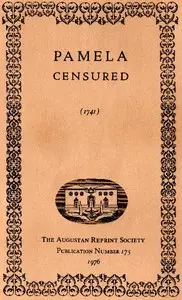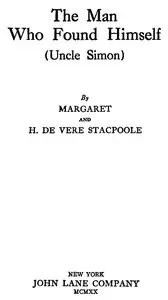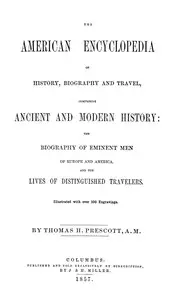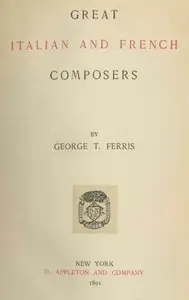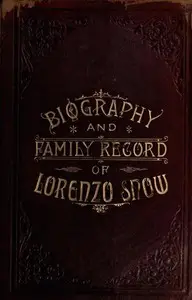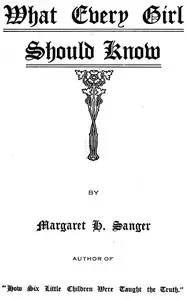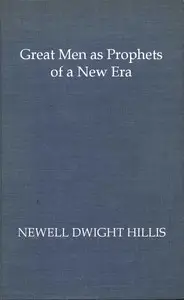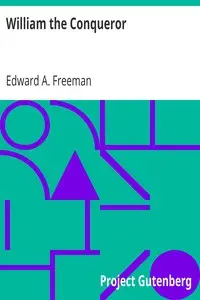"George Eliot" by Mathilde Blind is a biographical account written in the late 19th century. This work delves into the life and contributions of Mary Ann Evans, known by her pen name George Eliot, tracing her journey through literary circles, influences, personal struggles, and the challenges she faced as a female author in a male-dominated society. It sets the stage for understanding how her personal experiences shaped her notable works, which include varied characters and themes reflective of English rural life and complex human emotions. The opening of the biography introduces the reader to its aim of bringing George Eliot's life into focus, particularly highlighting the scarcity of detailed accounts about her. The author reveals her research process, involving personal interactions with Eliot’s family and contemporaries, which enriches the narrative with unique insights and anecdotes. Mathilde Blind emphasizes Eliot's views on the intellectual and artistic contributions of women, contrasting this with the limitations placed on English women of her time. The text foreshadows a deeper exploration of Eliot's childhood, her formative experiences, and the friendships that significantly influenced her development as a writer, thus piquing the reader's interest in Eliot's evolution from a girl in Warwickshire to a leading figure in Victorian literature. (This is an automatically generated summary.)

George Eliot
By Mathilde Blind
"George Eliot" by Mathilde Blind is a biographical account written in the late 19th century. This work delves into the life and contributions of Mary ...
Mathilde Blind, was a German-born English poet, fiction writer, biographer, essayist and critic. In the early 1870s she emerged as a pioneering female aesthete in a mostly male community of artists and writers. By the late 1880s she had become prominent among New Woman writers such as Vernon Lee, Amy Levy, Mona Caird, Olive Schreiner, Rosamund Marriott Watson, and Katharine Tynan. She was praised by Algernon Charles Swinburne, William Michael Rossetti, Amy Levy, Edith Nesbit, Arthur Symons and Arnold Bennett. Her much-discussed poem The Ascent of Man presents a distinctly feminist response to the Darwinian theory of evolution.


